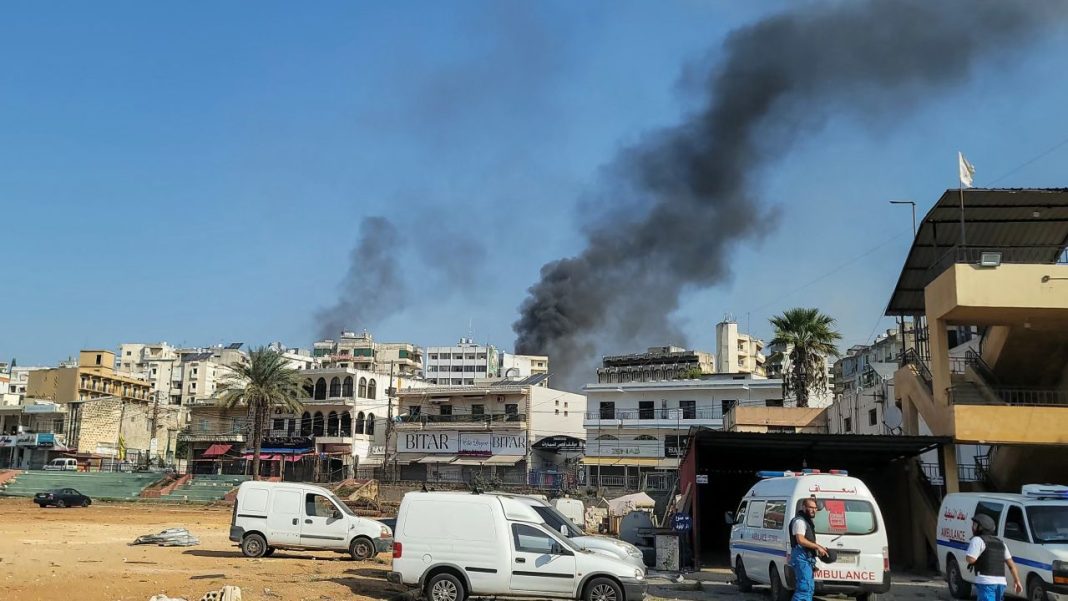The risk of cholera spreading in Lebanon is “very high,” the World Health Organization warned Wednesday, after a case of the deadly disease was detected in the country’s north.
Abdinasir Abubakar, the WHO’s representative in Lebanon, said the organization has been concerned for months about the risk of cholera due to the “deteriorating water and sanitation situations” for refugees and in high-risk areas.
“If the cholera outbreak … spreads to the new displaced people, it might spread very fast,” Abubakar told reporters in an online news conference.
Lebanon suffered its first cholera outbreak in 30 years between 2022 and 2023, mainly in the north.
With the mass displacement of more than a million people caused by the Israel-Hezbollah war, Abubakar highlighted concern, in particular, for communities in southern Lebanon and the Beirut area that have not built up cholera immunity for decades.
WHO Director-General Tedros Adhanom Ghebreyesus said the country’s Ministry of Public Health activated emergency protocols to strengthen surveillance and contact tracing after detecting the case.
In August, the ministry launched a cholera vaccination campaign targeting 350,000 people living in high-risk areas, but the campaign was “interrupted by the escalation in violence,” the WHO chief said.
Some background: Cholera, which spreads primarily through contaminated water and food, causes severe diarrhea and dehydration. People who live in areas with shortages of safe drinking water or inadequate sanitation are vulnerable to the disease, which can result from consuming bacteria-contaminated food or water.




